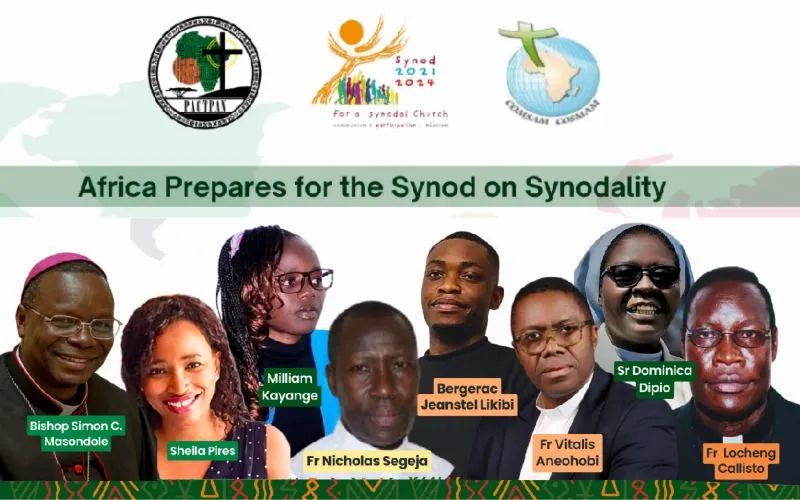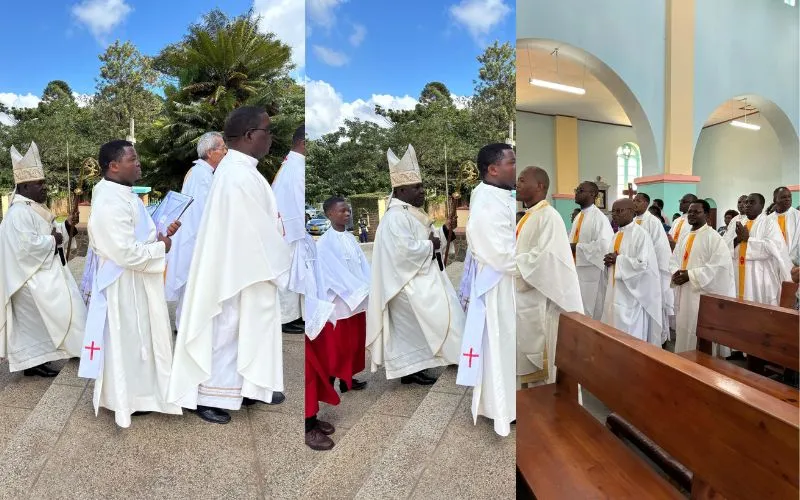Nairobi, 19 July, 2024 / 10:26 pm (ACI Africa).
Seminarians in Africa have been urged to watch out for people who seek to distort the truth by introducing misleading information disguised as “well-researched” ideas in their institutions of formation.
In his presentation at the seventh session of the ongoing synodal conversations, a formator at the Uganda Martyrs National Major Seminary, Fr. Callisto Locheng, cautioned against “the ideology of revisionism” in Seminaries and appealed to Seminarians to stick with the truth.
“Be witnesses to the truth,” Fr. Callisto said at the Friday, July 19 event that the Pan-African Catholic Theology and Pastoral Network (PACTPAN) organized in collaboration with the Conference of Major Superiors of Africa and Madagascar (COMSAM).
“In our seminaries and formation places, we have a lot of misleading ideologies that come as well-researched ideas. We are witnessing the ideology of revisionism whereby people intentionally, deliberately revise facts and misrepresent them,” the Ugandan Catholic Priest, who also serves as the Dean, Faculty of Arts and Social Sciences at the University of the Sacred Heart Gulu said.
The July 19 event is the latest in the series of digital palavers that theologians and other experts in Africa have organized to deepen the understanding of the Synthesis Report that came out of the October 2023 session of the multi-year Synod on Synodality.








